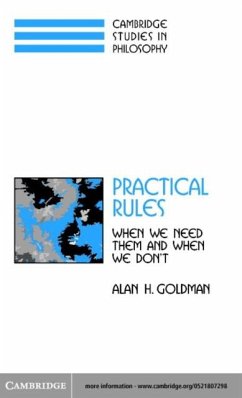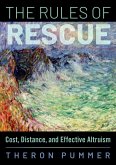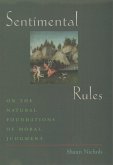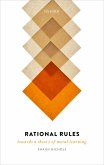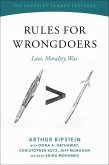Rules proliferate; some are kept with a bureaucratic stringency bordering on the absurd, while others are manipulated and ignored in ways that injure our sense of justice. Under what conditions should we make exceptions to rules, and when should they be followed despite particular circumstances? The two dominant models in the literature on rules are the particularist account and that which sees the application of rules as normative. Taking a position that falls between these two extremes, Alan Goldman provides a systematic framework to clarify when we need to follow rules in our moral, legal and prudential decisions, and when we ought not to do so. The book distinguishes among various types of rules; it illuminates concepts such as integrity, self-interest and self-deception; and finally, it provides an account of ordinary moral reasoning without rules. This book will be of great interest to advanced students and professionals working in philosophy, law, decision theory and the social sciences.
Dieser Download kann aus rechtlichen Gründen nur mit Rechnungsadresse in A, B, BG, CY, CZ, D, DK, EW, E, FIN, F, GR, HR, H, IRL, I, LT, L, LR, M, NL, PL, P, R, S, SLO, SK ausgeliefert werden.

